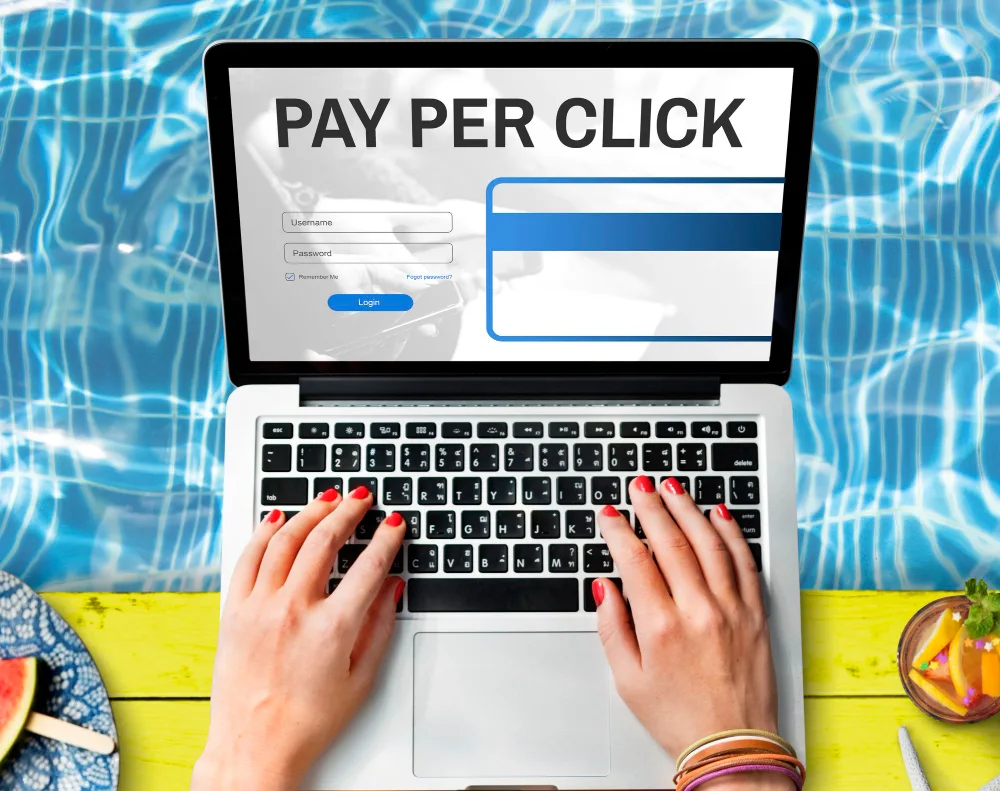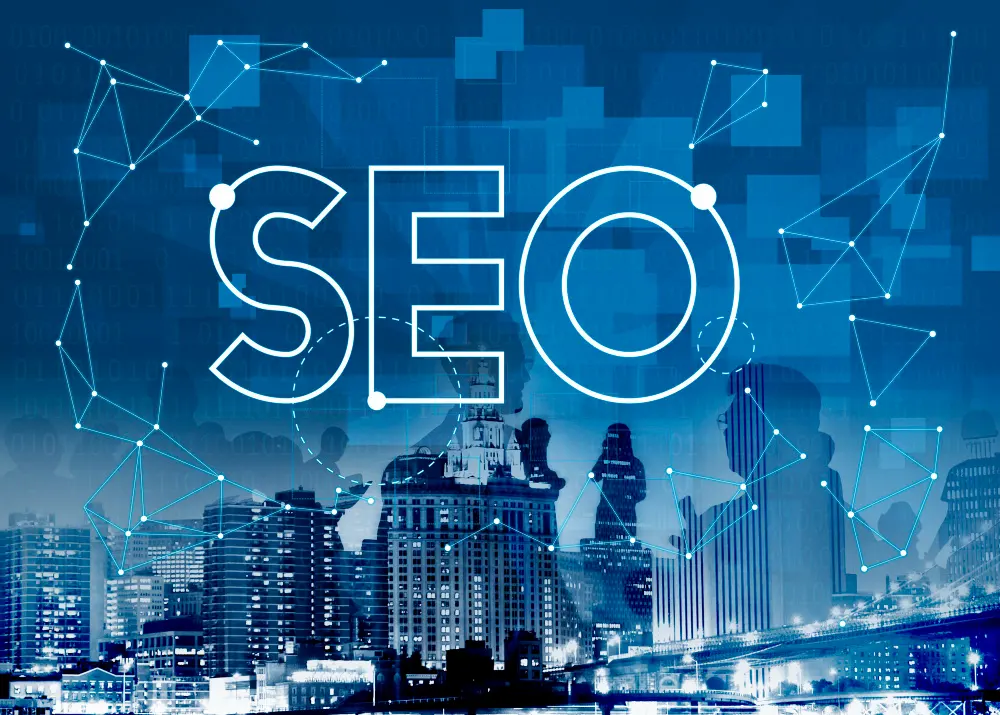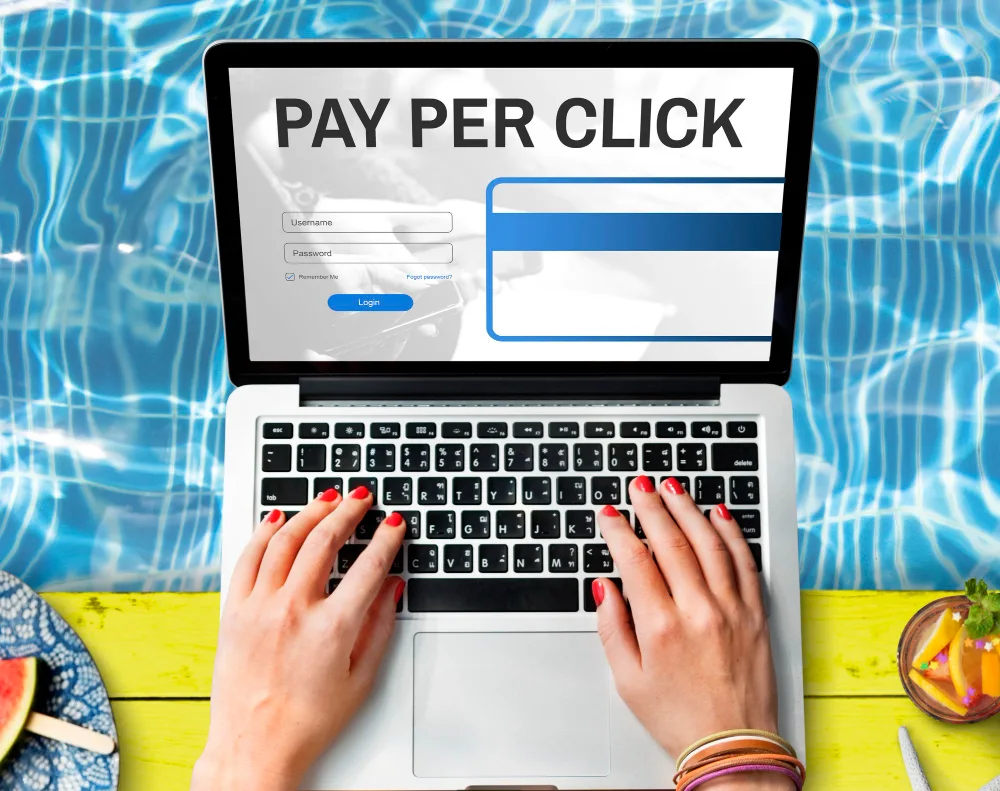In today's digital world, businesses of all sizes are vying for attention online. Pay-per-click (PPC) advertising emerges as a powerful tool to cut through the noise and reach your target audience directly. But how do you ensure your PPC campaigns deliver a strong return on investment (ROI)? Here's your guide to maximizing the impact of your PPC efforts and turning clicks into conversions.
Understanding PPC: How it Works
Imagine a bustling marketplace where you can showcase your product or service to a crowd actively searching for what you offer. That's essentially the concept behind PPC advertising. You bid on keywords relevant to your business, and your ads appear prominently on search engines and other platforms whenever users search for those terms.
Here's a breakdown of the key players:
You (the advertiser): You create compelling ads that entice potential customers to click through to your website or landing page.
The Platform (e.g., Google Ads, Bing Ads): This is where you manage your ad campaigns, set your budget, and bid on keywords.
The User (potential customer): They search for something online using relevant keywords.
The Publisher (e.g., Search Engine, Website): This is where your ad is displayed when a user searches for your chosen keywords.
You only pay when someone clicks on your ad, hence the name "pay-per-click." This makes PPC a cost-effective way to reach targeted users actively interested in what you offer.
Why Use PPC Advertising?
Here are some compelling reasons to consider PPC advertising for your business:
Targeted Reach: Unlike traditional advertising, PPC allows you to target your ideal customer by demographics, interests, and online behavior.
Measurable Results: Track the performance of your campaigns to see what's working and what's not. You can adjust your strategies in real-time to maximize ROI.
Quick Results: See results almost instantly compared to other marketing efforts that may take longer to build traction.
Increased Brand Awareness: PPC helps your brand gain visibility in the search results, putting your business in front of potential customers who may not have known you existed.
Maximizing ROI with Your PPC Campaigns:
Now that you understand the basics of PPC, let's delve into strategies to get the most out of your investment.
1. Keyword Research is King:
Keywords are the foundation of PPC success. Conduct thorough research to identify relevant keywords with high search volume and low competition. Tools like Google Keyword Planner and competitor analysis can help you discover the golden keywords that drive traffic and conversions.
2. Craft Compelling Ad Copy:
First impressions matter! Your ad copy should be clear, concise, and highlight the unique value proposition of your product or service. Include a strong call to action (CTA) that tells users what to do next, whether it's visiting your website, making a purchase, or signing up for a free trial.
3. Landing Page Optimization:
Don't let a click go to waste! Ensure your landing page is user-friendly, aesthetically pleasing, and aligns perfectly with your ad message. Focus on clear navigation, valuable content, and a compelling call to action that converts clicks into leads or sales.
4. Bid Strategize for Success:
Don't just blindly throw money at keywords. Develop a bidding strategy that balances cost-effectiveness with ad visibility. There are different bidding options available, and choosing the right one depends on your campaign goals.
5. Monitor and Analyze:
PPC is not a set-and-forget strategy. Regularly monitor your campaign performance and analyze key metrics such as click-through rate (CTR), conversion rate, and cost-per-acquisition (CPA). This allows you to optimize your campaigns for better results as you learn what resonates with your target audience.
6. A/B Testing is Your Friend:
Don't be afraid to experiment! Try different ad variations, landing page layouts, and calls to action to see what works best. Use A/B testing to compare different versions and identify the elements that drive the most conversions.
7. Leverage Extensions:
Enhance your ads with extensions like sitelinks, callouts, and location extensions. These provide users with additional information and functionalities, increasing the chances of a click.
8. Remarketing: Re-Engage With Lost Opportunities:
Don't let potential customers slip away after they visit your site but don't convert. Utilize remarketing to show targeted ads to users who have previously interacted with your brand. This re-engagement strategy can nudge them back to your website to complete a purchase or take a desired action.
9. Embrace Automation
Utilize features like automated bidding strategies to optimize your bids based on real-time data and campaign goals. This helps ensure you're not overspending while maximizing ad visibility for qualified leads.
10. Conversion Tracking is Crucial:
Set up conversion tracking to understand what actions users take after clicking on your ads. Whether it's a purchase, a form submission, or a phone call, tracking conversions allows you to measure the true effectiveness of your campaign and optimize for the desired outcomes.
11. Negative Keywords: Block Irrelevant Searches:
Don't waste your budget on irrelevant clicks. Utilize negative keywords to prevent your ads from showing for searches that don't align with your target audience.
12. Mobile Optimization is Essential:
With the ever-growing mobile user base, ensure your ads and landing pages are optimized for mobile devices. A seamless mobile experience is crucial for driving conversions in today's digital landscape.
13. Localize Your Campaigns (if applicable):
If your business caters to a local audience, leverage location targeting options to ensure your ads appear in relevant searches specific to your service area.
14. Stay Updated with PPC Trends:
The world of PPC is constantly evolving. Stay informed about the latest trends, platform updates, and best practices to ensure your campaigns remain competitive and effective.
15. Seek Professional Help (if needed):
PPC management can be demanding, especially for complex campaigns. Don't hesitate to seek professional help from experienced PPC agencies who can optimize your campaigns, manage your budget effectively, and provide valuable insights to maximize your ROI.
Conclusion:
By implementing these strategies and staying data-driven, you can transform your PPC campaigns into powerful engines for driving qualified traffic, generating leads, and boosting your bottom line. Remember, PPC is an ongoing process that requires continuous monitoring, optimization, and adaptation. With dedication and a strategic approach, you can master the clicks and unlock the full potential of PPC advertising for your business.







